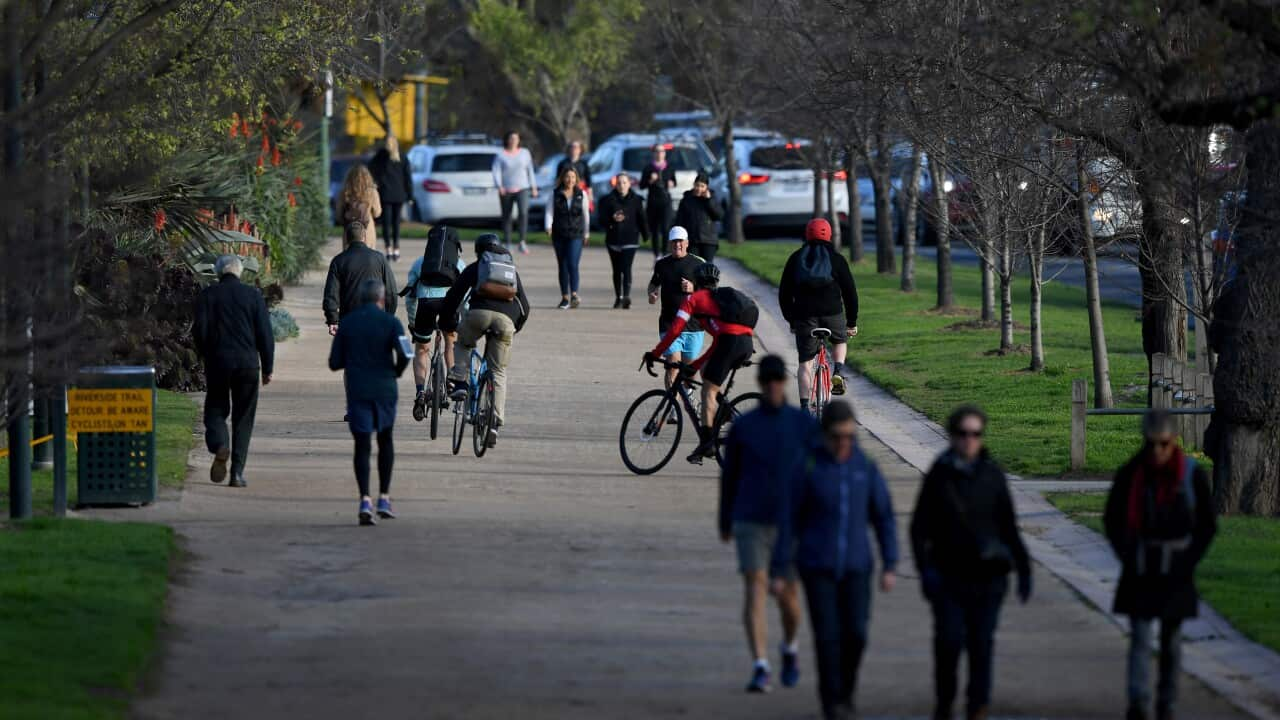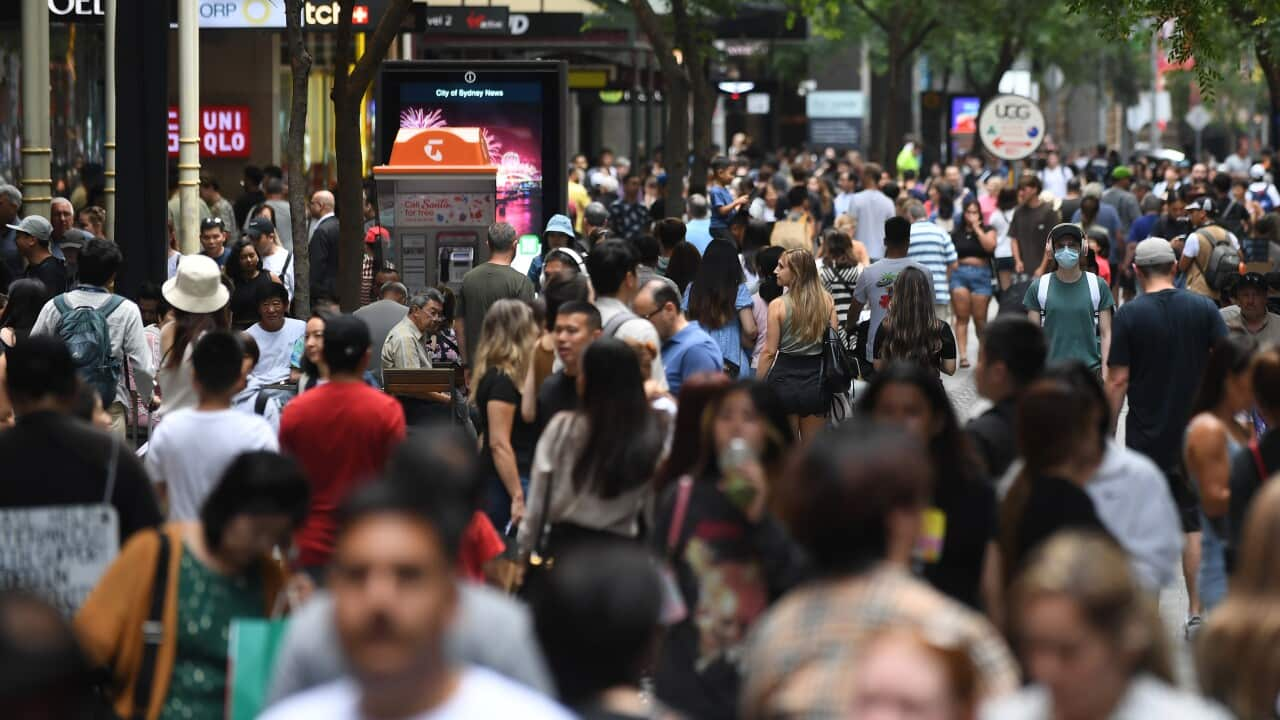New COVID-19 vaccines are set to be released in the coming months — and they're expected to target different variants.
The first of the updated shots are expected to become available in the United States in August or September, and experts say they'll likely reach Australia by the end of this year.
But the situation could be a little different compared to recent years.
The new COVID-19 vaccines
The US Food and Drug Administration (FDA) first asked vaccine manufacturers to target after its independent advisers met in early June.
But later that month, it changed its recommendation and asked them to instead target the KP.2 variant — which .
Moderna and Pfizer produce mRNA COVID-19 vaccines which can be developed more quickly than protein-based versions made by companies including Novavax.
Novavax had already started manufacturing its , while Moderna and Pfizer said they would be able to deliver KP.2 vaccines.
That means there could be a situation where vaccines targeting two different variants are available.
When will Australians get the vaccines?
In 2023, the FDA recommended in June that vaccine manufacturers develop a monovalent vaccine targeting the . The first vaccines were rolled out in the US in September.
Australia's Therapeutic Goods Administration (TGA) will need to assess and approve the vaccinations after it receives an application from the manufacturer. The Australian Technical Advisory Group on Immunisation will then provide administering guidelines after the vaccines are given a green light.
Professor Adrian Esterman, chair of biostatistics and epidemiology at the University of South Australia, said Australians will likely be offered one or both of the vaccines "by the end of the year" once TGA approves them and they can be imported from overseas.
Australia doesn’t currently manufacture COVID-19 vaccines and instead has five agreements for their supply from overseas.
Mater infectious diseases director Paul Griffin hopes both vaccines will be approved by the "last quarter of this year but may well be early in the new year".
"We do lag behind the countries that do this the quickest," Griffin said.
Australians currently have access to Pfizer and Moderna's COVID-19 vaccines that both target the XBB.1.5 variant, but the Novavax version never entered the market.
A note on the TGA's website regarding Novavax's XBB.1.5 vaccine reads: "Application for full registration withdrawn by sponsor 21 May 2024. This is a decision of the sponsor."
How effective will the new vaccines be?
KP.3 is now the most prevalent variant in Australia, according to the Victorian government's COVID-19 surveillance report released in late July.
Like KP.2, it is also among the 'FLiRT' variants and both descend from JN.1.
"You’ll still get very good protection whichever [vaccine] you have," Esterman said.
Griffin also said they would remain effective in helping protect against severe illness.
"Each successive change [in the virus] does reduce the effectiveness of the vaccine, relatively speaking," he said. "But it definitely does not render it redundant, doesn’t reduce it to zero. It just means that benefit is just not quite as high as if it were a perfect match."
When it applied for FDA authorisation in June, Novavax said its shot showed broad cross-neutralising antibodies against multiple variants, including KP.2 and KP.3.
Before the FDA updated its advice, Pfizer said its JN.1- or KP.2-targeted vaccine would provide better protection against a wide range of new variants. Moderna made similar remarks.




